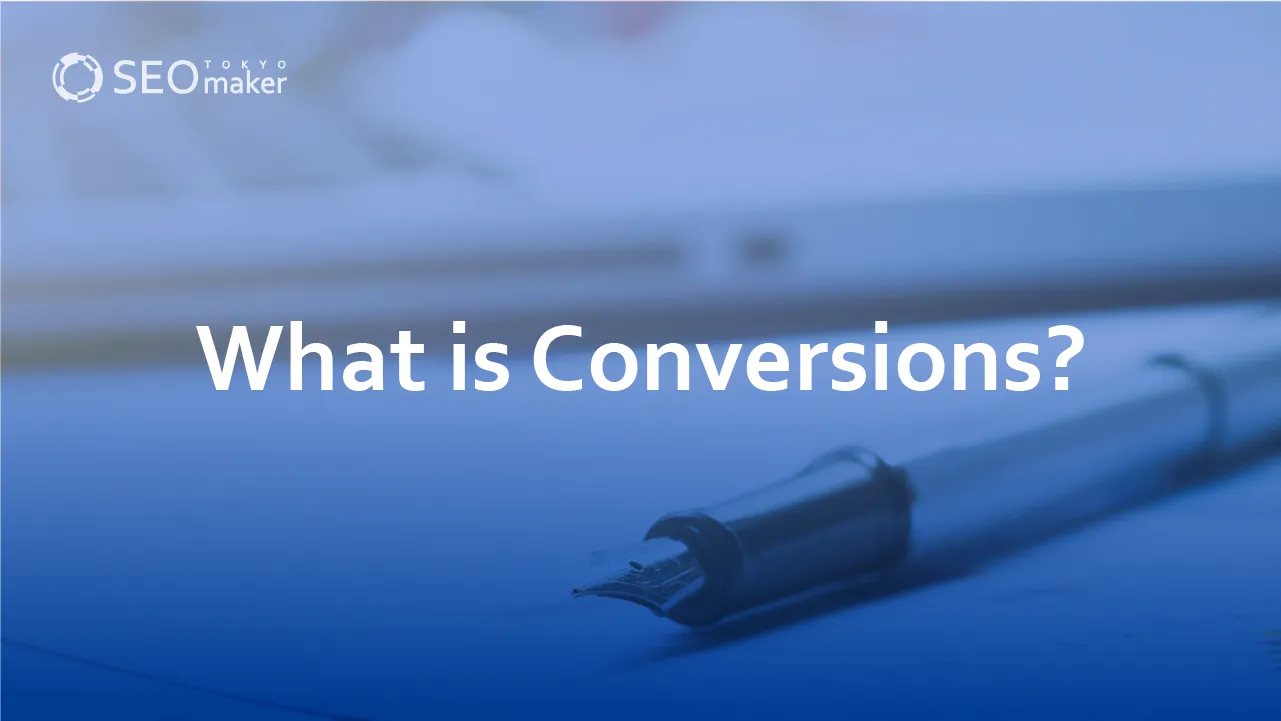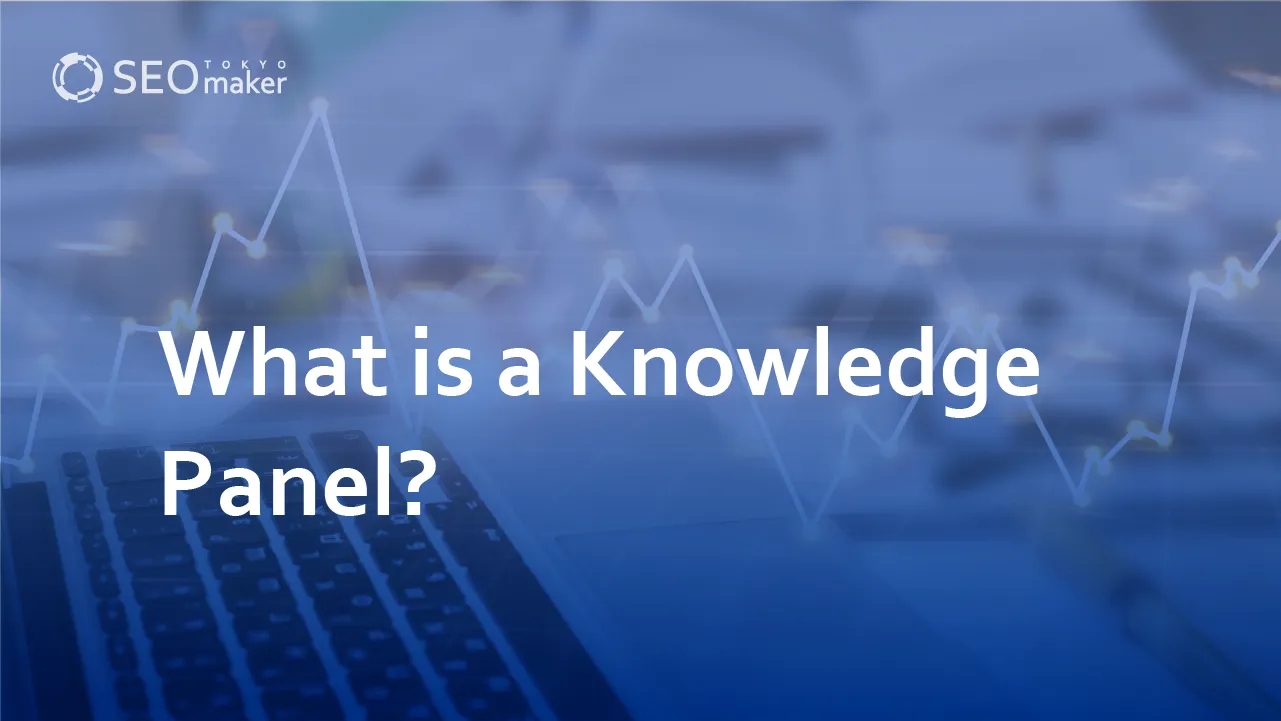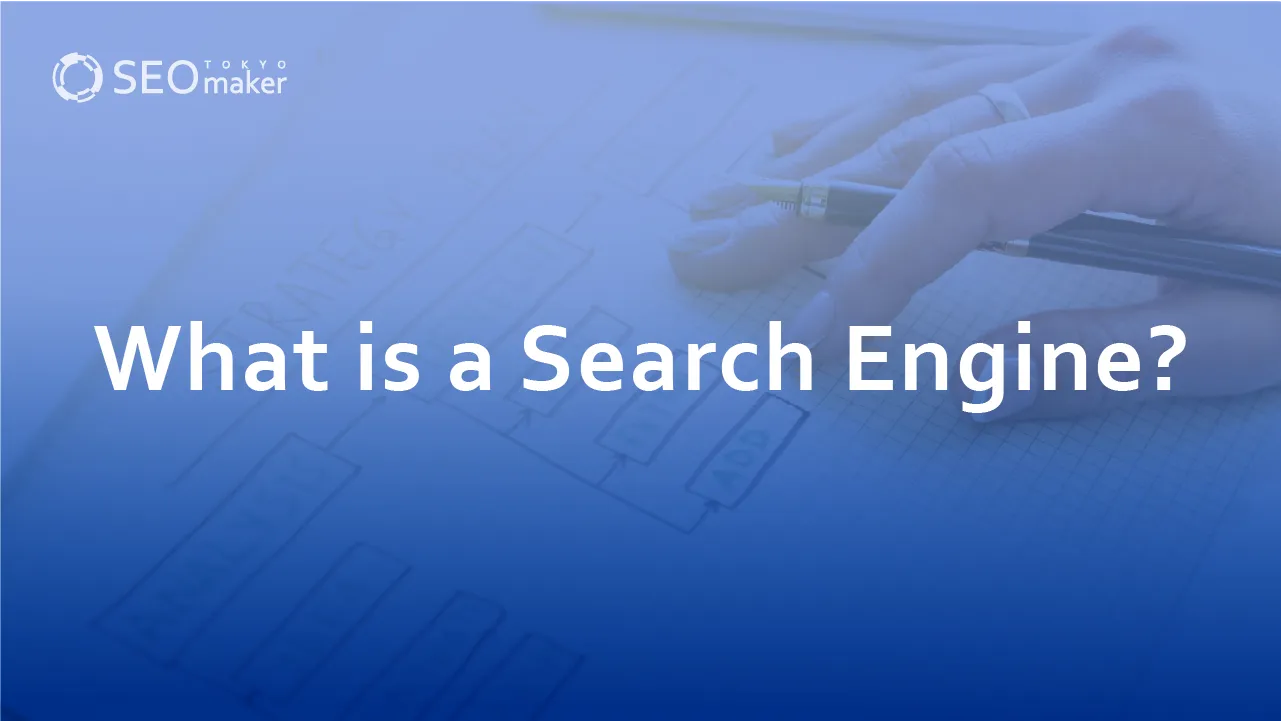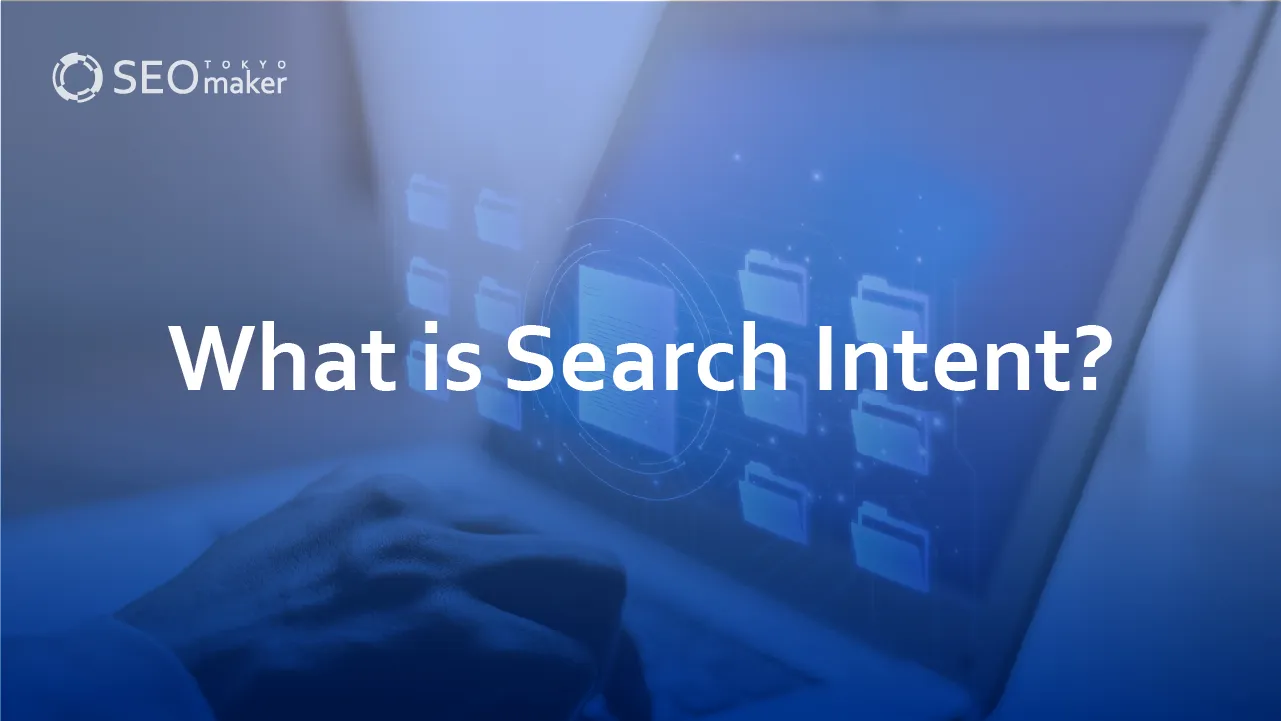Digital Marketing~Explaining the Basics to Strategies
contents
- 1 What is Digital Marketing?
- 2 Characteristics of Digital Marketing
- 3 The Difference Between Digital Marketing and Web Marketing
- 4 Web Marketing
- 5 Benefits of Digital Marketing
- 6 Disadvantages of Digital Marketing
- 7 How to Start Digital Marketing
- 8 Frequently Asked Questions About Digital Marketing
- 8.0.1 Q: What is digital marketing?
- 8.0.2 Q: Why is digital marketing important?
- 8.0.3 Q: What are the key points in formulating a digital marketing strategy?
- 8.0.4 Q: What are the main methods of digital marketing?
- 8.0.5 Q: What are effective KPIs (Key Performance Indicators) in digital marketing?
- 8.0.6 Q: What are the main analysis tools used in digital marketing?
- 9 Examples of Successful Digital Marketing
- 10 Conclusion
 Digital marketing is an indispensable strategy in modern business. By utilizing the internet and digital technologies, companies can enhance brand recognition, acquire customers, and expand sales.
Digital marketing is an indispensable strategy in modern business. By utilizing the internet and digital technologies, companies can enhance brand recognition, acquire customers, and expand sales.
SEO is a core strategy within digital marketing.
In this article, we explain the basic concepts of digital marketing, its main methods, and points to consider when getting started.
What is Digital Marketing?
Digital marketing refers to the collective term for methods that use the internet and digital devices to advertise products and services, and promote sales.
Digital marketing aims to directly approach customers targeted by companies or brands and enhance customer engagement.
The main strategies of digital marketing include:
- SEO (Search Engine Optimization)
- SEM (Search Engine Marketing/Listing Ads)
- Content Marketing
- SMM (Social Media Marketing)
- Influencer Marketing
- Video Marketing (Video SEO)
- Affiliate Marketing
- Retargeting Ads
- Email Marketing
- Data Analysis
Thus, any marketing method that uses the internet and digital devices to reach customers can be considered digital marketing.
There are many other strategies to consider, such as:
- Webinars and Online Events
- Landing Page Optimization (LPO)
- Website Design and Usability Optimization
- Customer Support Using Chatbots
- Social Media Ads (Facebook Ads, Instagram Ads, etc.)
- Omnichannel Marketing
- Digital Signage
- Implementation of Marketing Automation
- Utilization of User-Generated Content (UGC)
- AR Marketing
As shown above, there are various strategies, so it’s important for each company or brand to formulate appropriate digital marketing methods and strategies.
Success in digital marketing requires a process from strategy formulation to execution, evaluation, and improvement.
Understanding market and customer needs and implementing effective digital marketing activities can lead to differentiation from competitors and expansion of the customer base.
Characteristics of Digital Marketing
Digital marketing continuously evolves with technological advancements and market changes, introducing new strategies and methods.
Digital marketing professionals must stay informed about the latest trends and tools and devise and execute effective strategies.
The characteristics of digital marketing allow for selection and combination according to a company’s goals, target audience, budget, and resources.
The main features include:
- Target orientation and two-way interaction with customers
- Measuring and analyzing for strategic moves
- Flexibility
- Cost-effectiveness
- Automation
Target Orientation and Two-Way Interaction
Target orientation means that marketing activities focused on individual customers are possible by utilizing data collected online, based on customer behavior and attributes.
This allows for providing content and promotions that match customer interests and needs, leading to more effective engagement and conversions.
Two-way interaction means that digital marketing enables two-way communication between companies and customers. Unlike traditional mass marketing, which primarily involves one-way communication, digital marketing allows for real-time interaction and information exchange between customers and companies. This two-way interaction is realized through platforms like social media, email marketing, and chatbots.
Measuring and Analyzing for Strategic Moves
The effectiveness of digital marketing can be measured in real-time, and strategies can be optimized based on this data. Companies evaluate the effectiveness of strategies and tactics and consider their next moves.
By conducting detailed data analysis through site analytics and A/B testing, the impact of strategies can be understood. Measuring and analyzing help compare elements like design, content, and advertising to find the most effective strategies.
Flexibility
Digital marketing allows for quick data collection and analysis online, enabling companies to rapidly respond to market changes and customer needs and swiftly alter and optimize strategies and tactics.
Cost-Effectiveness
Compared to traditional marketing methods, digital marketing can reach a wider audience at a relatively lower cost. By using data to focus on specific target audiences, unnecessary advertising expenses can be reduced, achieving effective reach with limited budgets.
Automation
Digital marketing allows for the automation of some marketing activities using tools and software. Automation saves time and effort and helps execute effective marketing strategies.
The Difference Between Digital Marketing and Web Marketing
Digital marketing and web marketing are often confused, but they represent different concepts.
Digital marketing is a broader concept than web marketing, encompassing not only web-based strategies but also the use of digital devices, social media, email, videos, and various other channels and platforms.
On the other hand, web marketing is positioned as a subset of digital marketing, focusing primarily on promotional activities utilizing websites.
In today’s marketing environment, digital marketing and web marketing complement each other. When constructing an effective digital marketing strategy, it is important to consider web marketing methods as well.
Below, we explain the definitions and differences of each.
Digital Marketing
Digital marketing is a collective term for methods that use the internet and digital devices (such as smartphones and tablets) to advertise and promote products or services. Digital marketing includes not only web marketing but also various channels and platforms.
Key Features of Digital Marketing
Digital marketing utilizes multi-channels and provides a consistent brand experience through an omnichannel strategy. Additionally, it employs a data-driven approach, analyzing customer data to implement effective strategies and customized promotions.
Web Marketing
Web marketing, a part of digital marketing, primarily involves promotional methods using websites. It includes SEO (Search Engine Optimization), SEM (Search Engine Marketing), content marketing, banner advertising, and other techniques.
Key Features of Web Marketing
Web marketing focuses on promotional activities centered around websites. The website serves as the first touchpoint with customers, providing information and a platform for purchases.
Benefits of Digital Marketing
Digital marketing offers numerous advantages. By utilizing digital marketing, you can access a wide range of customers across regions and borders, expanding your market and acquiring new customers.
You can also identify and segment target customers based on customer data and behavior history.
Once segmented, you can approach customers through various channels such as websites, social media, and email while collecting data.
Using data analysis features, you can tailor content and approaches to each customer, enhancing engagement and potentially increasing customer satisfaction.
Disadvantages of Digital Marketing
There are also some disadvantages to digital marketing.
Many companies engage in digital marketing online, requiring high competitiveness to attract customer attention. Therefore, effective strategies and differentiation are necessary to win the competition.
Additionally, digital marketing requires continuous learning and updates to keep up with technological advancements and changes. Changes in platforms and algorithms may necessitate strategy revisions.
Next, as collecting and utilizing customer data is a crucial element of digital marketing, data security and privacy protection are essential. Data breaches or unauthorized access can damage a company’s trust and reputation.
Effective digital marketing requires specialized skills and knowledge. If a company lacks the necessary resources or skills internally, it may need to use external experts or services, incurring costs.
How to Start Digital Marketing
When starting digital marketing, consider the following steps:
- Set Goals
- Define Target Audience
- Develop Marketing Strategy
- Determine Budget
- Optimize Website
- Begin Implementation
First, clarify your business objectives and set goals you want to achieve with digital marketing. For example, set KPIs such as acquiring new customers, increasing brand awareness, or boosting sales.
Next, identify your target audience. Design personas to clearly define your ideal customer profile. Consider factors like age, gender, hobbies, and location.
Understand the needs and interests of your target segment and provide content and promotions that match. Use customer data and market research to create a profile of your target audience.
Once KPIs and targets are set, develop a digital marketing strategy tailored to your target. Decide on the most suitable strategies, such as SEO, content marketing, social media marketing, email marketing, and online advertising.
Not all digital marketing channels are suitable for every company. Select the most effective channels based on your target customers and goals, and allocate resources accordingly.
Once the strategy is set, determine your budget. Before starting your initiatives, optimize your website to make it user-friendly. SEO is a core part of digital marketing, so do not overlook SEO strategies.
After starting your initiatives, analyze data and make improvements. It’s important to integrate digital marketing with offline marketing methods.
Integrate online and offline marketing activities to maintain brand consistency and realize more effective marketing strategies.
Finally, continuously validate and improve the effectiveness.
Adapt to new technologies and trends, continuously enhance skills and knowledge, and maintain effective digital marketing.
Frequently Asked Questions About Digital Marketing
We introduce some common questions about the basics of digital marketing.
Q: What is digital marketing?
A: Digital marketing is a method of promoting and selling products or services using the internet and digital media. It primarily includes SEO (Search Engine Optimization), SEM (Search Engine Marketing), SMM (Social Media Marketing), content marketing, and email marketing.
Q: Why is digital marketing important?
A: Digital marketing is crucial in today’s market environment where consumers gather information and make purchases online. It is essential for increasing brand awareness, generating leads, acquiring customers, and boosting sales. Additionally, digital marketing allows for easy measurement and optimization of effects through data analysis, enabling efficient marketing activities.
Q: What are the key points in formulating a digital marketing strategy?
A: First, clearly define business goals and develop strategies aligned with them (e.g., increasing brand awareness, acquiring new customers). Next, understand the characteristics and needs of your customer base and select appropriate content and promotional methods. Combine multiple digital marketing methods (SEO, SEM, SMM, content marketing, email marketing, etc.). Allocate appropriate budgets and resources, evaluate outcomes, and make adjustments. Finally, measure the results of digital marketing efforts and use data to refine and optimize strategies.
Q: What are the main methods of digital marketing?
A: There are various methods in digital marketing, including SEO, SEM, SMM, content marketing, email marketing, and affiliate marketing. It’s important to understand the purpose and effects of each method.
Q: What are effective KPIs (Key Performance Indicators) in digital marketing?
A: Key Performance Indicators in digital marketing include website traffic, conversion rate, click-through rate, number of leads generated, engagement numbers, and cost per action. Choose appropriate KPIs according to your strategy and use them for measuring effectiveness and optimization.
Q: What are the main analysis tools used in digital marketing?
A: Main analysis tools in digital marketing include Google Analytics, Google Search Console, Google Ads, Moz, Ahrefs, SEMrush, etc. Utilize these tools to collect and analyze data, and improve and optimize strategies.
Examples of Successful Digital Marketing
We present examples of success in digital marketing.
Successful Example of Content Creation in Digital Marketing

In September 2021, a website that had about 5,000 views and 30-50 clicks per day increased its content by over 30 articles each month. After six months, the site saw a fivefold increase in views and a threefold increase in clicks.
Currently, the site consistently grows with an average of 70,000-80,000 views per day and 700-800 clicks.
Other achievements of our company can be checked here.
Conclusion
Digital marketing is a method of promoting and selling products or services using the internet and digital media. As online activities of consumers increase, digital marketing is indispensable for enhancing brand recognition and acquiring customers. Digital marketing allows for easy measurement and optimization of effects through data analysis, enabling efficient marketing activities. By combining appropriate strategies and effective methods, success in digital marketing can be achieved. If you are unsure about strategy formulation, feel free to consult Tokyo SEO Maker.










![What is a Description? Explaining the Meaning, Writing Style, and Changing Word Count – [2023 Edition]](https://www.switchitmaker2.com/en/wp-content/uploads/2024/09/what-is-description.webp)









